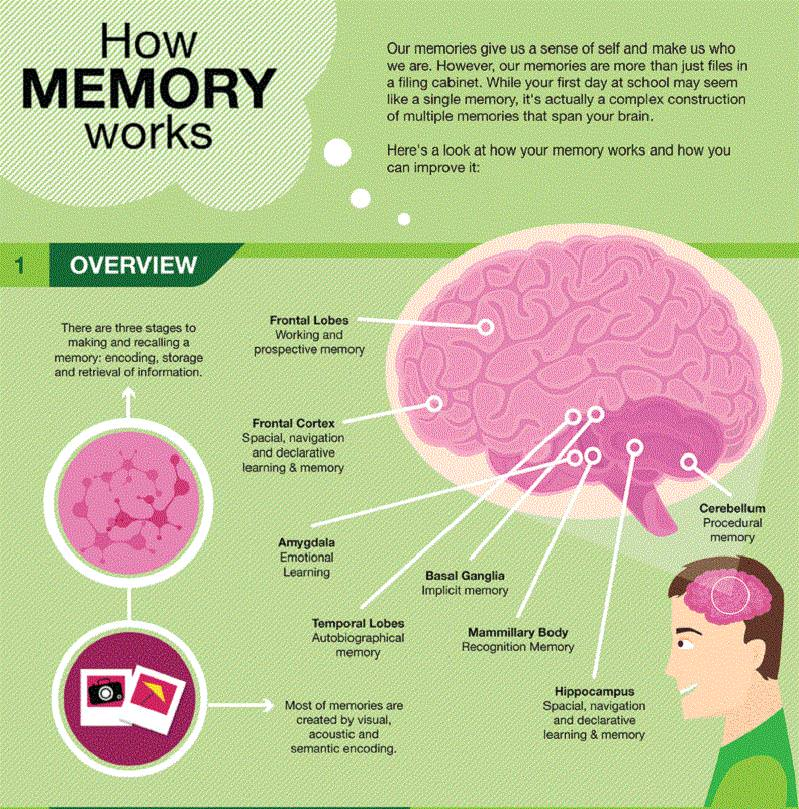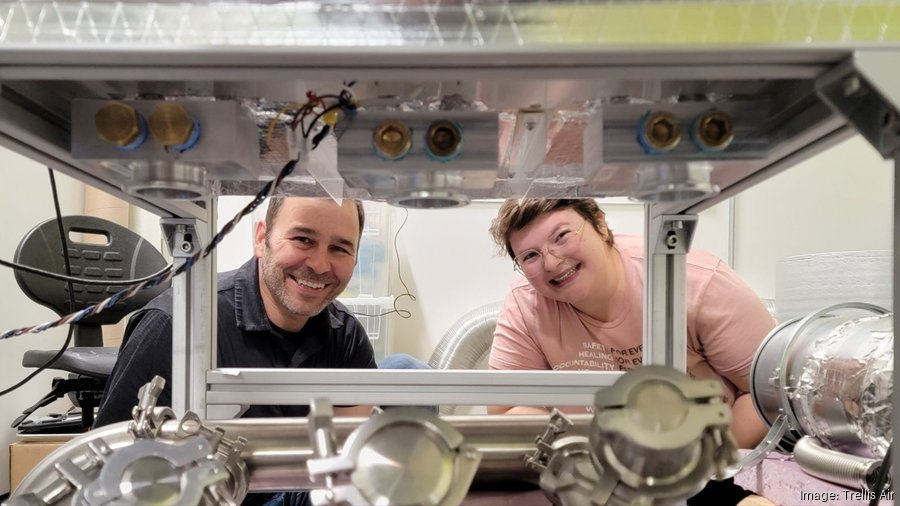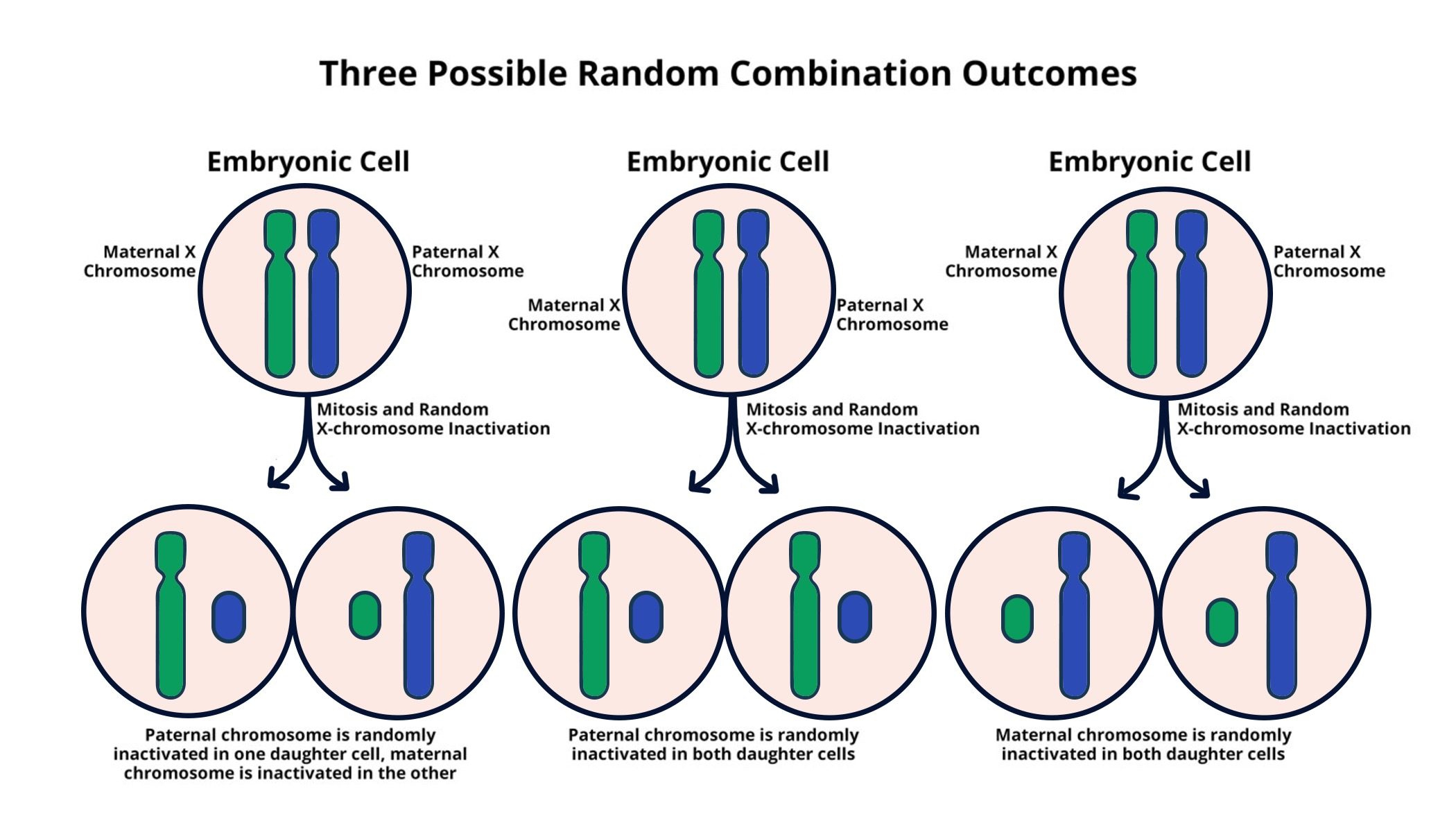Are you looking for effective ways to improve memory? Enhancing your recall abilities can significantly impact various aspects of your life, from studying for tests to social interactions. With expert insights from cognitive science, you can learn memory tips that will help you remember better in critical moments. Engaging in brain training exercises and understanding how your memory functions are key to optimizing cognitive performance. Take the first step toward a sharper mind by exploring research-backed strategies designed to enhance your memory.
Memory enhancement involves the use of various techniques and strategies aimed at boosting one’s ability to retain and recall information. By leveraging effective memory strategies, individuals can discover methods to achieve better retention and remember essential details more easily. Cognitive psychology offers valuable insights into how our brain processes and recalls information, paving the way for innovative approaches to improve mental acuity. From quizzes that challenge our memory skills to targeted brain exercises, there are numerous avenues to explore for developing superior memory capabilities.
Understanding How Memory Works
Memory is a complex cognitive function that allows us to encode, store, and retrieve information. It involves various processes, including attention, perception, and the neural mechanisms that strengthen the connections within our brains. Cognitive science has made significant strides in deciphering how memories are formed and how they can be improved. As we understand the intricacies of memory, we realize factors like emotion, attention, and the context in which information is learned play critical roles in our ability to remember.
Moreover, the very act of recalling a memory can change it. This phenomenon, known as memory reconsolidation, occurs each time we bring a memory to mind, potentially distorting it with new information. By recognizing how our brains process and modify memories, we can develop effective strategies to enhance recall and retention, leading to better performance in tasks, exams, and everyday situations.
Tips for Improving Memory
Improving memory involves practical techniques that leverage cognitive science principles. One effective method is spaced repetition, which suggests spreading out your study sessions over time instead of cramming information all at once. This approach not only aids in better retention but also helps reinforce neural connections associated with the learned material, effectively enhancing your ability to remember better. Incorporating regular physical exercise into your routine is another beneficial strategy. Research has shown that exercise can release growth factors that enhance brain function and improve memory.
Additionally, mindfulness practices, such as meditation, can significantly enhance your cognitive abilities. These practices help reduce stress, which is a common barrier to clear thinking and recall. By allowing your mind to focus on the present moment, you not only facilitate stronger memory encoding but also improve your overall cognitive flexibility. Consistent application of these tips can lead to a noticeable improvement in memory, whether you are preparing for an exam or trying to remember names and faces during social gatherings.
The Role of Sleep in Memory Consolidation
Sleep plays a crucial role in memory consolidation, the process by which short-term memories are transformed into long-term memories. During sleep, particularly during REM (rapid eye movement) stages, the brain actively sorts and organizes information. This is vital for strengthening the neural pathways associated with newly learned content, allowing us to recall that information more readily later on. Inadequate sleep can thus impair memory retention, making simple tasks seem daunting and leading to cognitive decline over time.
To optimize your memory, it is essential to establish a robust sleep regime. Aim for 7 to 9 hours of quality sleep each night, and consider incorporating relaxation techniques into your bedtime routine, such as reading or gentle stretching. By prioritizing sleep, you not only support your memory capacity but also enhance your overall cognitive function, empowering you to navigate various challenges more effectively.
The Impact of Stress on Memory Function
Stress can significantly impair memory function, affecting everything from our ability to learn new information to how we recall facts. When the body is stressed, it releases hormones like cortisol, which can interfere with memory processing in the brain, particularly in areas vital for learning and recall, such as the hippocampus. Experiencing chronic stress can lead to cognitive decline, making it harder to retain and recall information when we need it the most.
Conversely, acute stress can sometimes enhance performance by triggering the fight-or-flight response, which prepares us for immediate actions or decisions. However, learning to manage stress effectively is vital for long-term memory health. Techniques such as breath control, yoga, or mindfulness meditation can help lower stress levels, thereby improving cognitive function and memory capabilities. By understanding these dynamics between stress and memory, individuals can take proactive steps to enhance their recall ability.
Memory Games and Quizzes to Train Your Brain
Engaging in memory games and quizzes is an effective way to boost cognitive function and improve memory. These activities are designed to challenge your recall abilities while promoting brain plasticity—the brain’s ability to reorganize itself by forming new neural connections. Simple quizzes can test your knowledge and encourage you to memorize facts. Regular practice helps strengthen cognitive pathways, making it easier to recall information and apply it in real-life situations.
Moreover, incorporating fun elements through games fosters a more enjoyable learning experience, encouraging consistency in practice. Activities vary from crossword puzzles to more interactive forms like memory card games or online cognitive skill exercises. By consistently exposing your brain to these challenges, you actively train yourself to remember better and enhance your overall cognitive health.
The Memory Palace Technique: A Proven Strategy
The Memory Palace technique, also known as the method of loci, is a powerful mnemonic device that has been used since ancient times. It involves visualizing a familiar place and associating the information you want to remember with specific locations within that place. For example, envision a route through your home and assign different pieces of information to rooms or objects along that route. This method taps into our spatial memory, which is much stronger than rote memorization, thereby enhancing recall.
When practicing this technique, it’s vital to create vivid and memorable images that will stick in your mind. The more unique and emotionally engaging the associations, the easier it will be to retrieve that information later. This is not only a fun way to memorize facts but also a highly effective cognitive training exercise that builds your memory muscle, thereby helping you to consolidate and recall learned material effortlessly.
Incorporating Nutrition for Optimal Brain Function
Nutrition plays a crucial role in supporting cognitive function and memory. A diet rich in antioxidants, healthy fats, vitamins, and minerals can enhance brain health and improve memory performance. Foods such as blueberries, fatty fish rich in omega-3 fatty acids, and dark leafy greens have all been linked to cognitive benefits. These nutrients help fight inflammation and oxidative stress in the brain, which can impair memory.
Moreover, staying hydrated is equally important for maintaining optimal cognitive function. Dehydration can lead to decreased attention and memory capabilities. Ensuring you consume a balanced diet while drinking plenty of water throughout the day can significantly contribute to improved memory recall and overall brain health. Machine learning models in cognitive science echo this sentiment by emphasizing the importance of a healthy lifestyle as foundational for memory enhancement.
The Importance of Practice: Skill Mastery and Memory
Regular practice is essential for mastering new skills and improving memory. According to cognitive science research, the more you engage with a skill—like playing an instrument or mastering a sport—the more your brain adapts and strengthens the relevant neural pathways. This process, known as neuroplasticity, allows you to perform tasks more efficiently over time, ultimately leading to improved recall of related information, such as techniques or musical notes.
Moreover, setting achievable goals during practice sessions can help you maintain motivation and monitor progress. Incorporating varied practice methods, such as deliberate practice, can lead to higher retention rates, as it challenges your brain in different ways. By investing time and effort into consistent practice, you can markedly enhance your memory and ability to apply new skills in real-life scenarios.
Evaluating Memory with Fun Quizzes
Taking quizzes can be a fun and effective way to evaluate your memory. By assessing your recall abilities and understanding the mechanics of memory through challenges, you can identify areas for improvement, while also reinforcing what you already know. Numerous online platforms offer memory quizzes that test various aspects of recall, from factual information to mnemonic devices, allowing you to experience hands-on cognitive training.
Quizzes encourage active engagement in the learning process, as you apply memory-enhancing strategies in a competitive format. This interactive approach not only strengthens your memory skills but also boosts confidence as you see progress over time. Regularly participating in memory quizzes can foster a lifelong love for learning, making it easier to remember new information and apply it in different contexts.
Frequently Asked Questions
What are effective memory tips to improve my recall?
To improve memory recall, consider techniques such as regular practice, the method of loci or memory palace strategy, and engaging in brain training activities. Additionally, ensuring adequate sleep, routine physical exercise, and managing stress levels can significantly enhance your memory.
How can I remember better for exams using cognitive science principles?
To remember better for exams, apply cognitive science principles such as spaced repetition, active recall, and elaborative interrogation. Break study material into manageable chunks, quiz yourself frequently, and connect new information to what you already know.
What is a memory quiz and how can it help improve memory?
A memory quiz is designed to challenge your recall and reinforce learning. By testing your memory on various topics, you can identify areas needing improvement and practice recalling information more effectively, ultimately boosting your memory skills.
What role does brain training play in improving memory?
Brain training utilizes exercises aimed at enhancing cognitive functions like memory. Engaging in memory games, puzzles, and other cognitive tasks can provide significant benefits, allowing for better information recall and memory enhancement.
How does physical exercise contribute to improving memory?
Physical exercise promotes the release of growth factors in the brain and enhances blood flow, which can improve memory functions. Regular exercise has been shown to increase the size of the hippocampus, a critical region for memory retention.
What is the ‘method of loci’ for improving memory?
The method of loci, also known as a memory palace, involves visualizing a familiar place and associating the information you want to remember with specific locations within that space. This technique leverages spatial memory to help recall larger amounts of information.
Can stress management really impact my memory and recall ability?
Yes, managing stress is crucial for improving memory as high-stress levels can impair cognitive functions. Techniques such as mindfulness, relaxation exercises, and adequate sleep help maintain optimal memory performance.
How does sleep influence memory consolidation?
Sleep plays a vital role in memory consolidation, the process where short-term memories are transformed into long-term ones. Adequate sleep helps clear brain capacity and allows for better retention of new information learned during the day.
Does multimedia multitasking affect memory recall?
Yes, multimedia multitasking, such as juggling between visual and verbal tasks, can severely impair memory recall. Focusing on a single task at a time improves overall cognitive performance and memory retention.
What substances should I avoid to improve memory?
To improve memory, avoid substances like cannabis, which can impair cognitive functions, as well as excessive alcohol consumption. While coffee in moderation can have some cognitive benefits, excessive intake might lead to anxiety and hinder memory.
| Key Point | Description |
|---|---|
| Memory Optimization | Understanding how memory works can help individuals improve their recall capabilities. |
| Practice Skills | Regular, spaced practice is more effective for mastering new skills than cramming all at once. |
| Exercise and Memory | Physical activity can enhance memory by releasing growth factors and enlarging the hippocampus. |
| Memory Retrieval | Retrieving a memory can alter it slightly, potentially leading to permanent changes. |
| Cognitive Load of Multitasking | Certain multitasking activities degrade memory performance more than others. |
| Sleep and Memory | Adequate sleep is essential for memory consolidation and freeing up brain capacity. |
| Healthy Habits | Avoiding substances like cannabis can help maintain optimal memory function. |
| Memory Strategies | Techniques like the method of loci can enhance memory retention by visual association. |
Summary
Improving memory is essential for enhancing learning and recalling important information. By understanding the nuances of memory and implementing effective strategies, such as regular practice and sufficient sleep, one can significantly boost recall ability. Engaging in physical exercise and utilizing memory techniques like the method of loci further contribute to better memory performance, making it easier to navigate daily challenges and academic demands.









